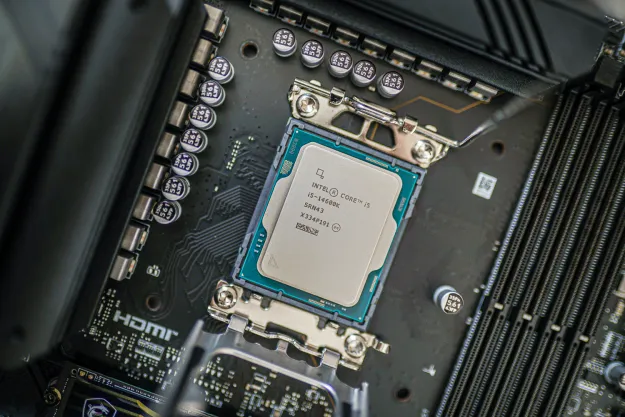
Over the past four months, desktop internet usage has dropped on a year-to-year basis, according to comScore, the Internet analytic company. That continuous decline — a drop of 9.3 percent in December, 7.6 percent in January, 2 percent in February and 6 percent in March — may suggest that more people are finding it tiresome or unnecessary to use a PC or laptop to get on the internet, relying instead on their smartphones and tablets. The recent declines may indicate that March 2015 — the busiest month in recent years for desktop internet traffic — may have been the peak of PC internet usage.
Concurrently, the number of Americans going online using mobile devices only is on the rise, according to a survey by the National Telecommunications and Information Administration. That survey, which polled 53,000 households, found that 20 percent of Americans with home internet in 2015 only used mobile devices to go online — that’s double the amount from 2013. Most households — 75 percent — rely on wired and mobile devices to get online, but that number is down from 82 percent in 2013, the NTIA survey found.
The use of mobile internet usage only is on the rise across all demographics, but it becomes more prevalent among households with lower-incomes. While 15 percent of households earning more than $100,000 a year relied on mobile alone, that number reached 29 percent among households earning less than $25,000 a year, the NTIA found.
“Although wired Internet service continued to be the preferred mode of home Internet use in 2015 among those most likely to be able to afford it, the use of mobile data plans is clearly becoming more popular across demographics,” said Giulia McHenry, NTIA’s chief economist. “In light of the advantages and limitations of mobile Internet service, policymakers should consider the implications of this shift when crafting policies aimed at getting all Americans online.”


